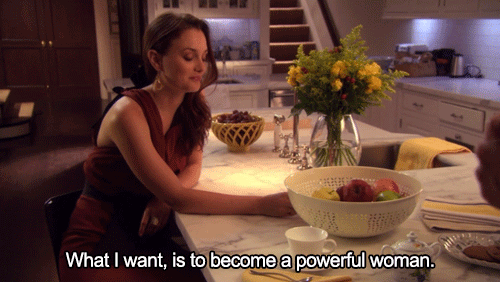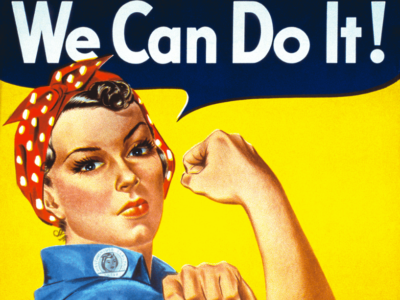Have you ever found yourself alone in a crowded room? I don’t just mean feeling alone, but actually existing as the lone representation of your group, however you identify. This could mean you were the only person of your race, faith, sexual orientation or gender. Most of the women I’ve known in my life feel this at some point. This forced solitude, while in some ways a marker of womanhood in general, holds particular importance for women in STEM (science, technology, engineering and mathematics) fields.
Everyone knows women in STEM fields face an undue amount of pressure and discrimination on the basis of their gender. Our culture in general, particularly scientific fields, still holds on to this old school ideology of women as caretakers and nothing else. Women in STEM (like women in general) are diverse, capable and utterly brilliant. Why we would ever consider them any less is absolutely beyond me.
People love to say that women “can’t.” We socialize young girls to understand what they can and can’t do. As a result, gender role expectations seep into women’s work. “Women are overrepresented in getting recognized for teaching and service kinds of activities and under recognized in terms of their research and scholarly contributions,” said Heather Metcalf, Director of Research and Analysis at the Association for Women in Science. “The caregiving and community service kinds of activities, those are in alignment with the gender role expectations that are put on women, and the research and scholarly work tends to be more masculinized.”
Basically, straying from the bounds of “ladylike” (read: compassionate, emotionally-based) work causes women to face undue criticism on the basis of an archaic standard that should have been put to rest long ago.

Charlotte Whitton said it best. “Whatever women do they must do twice as well as men to be thought half as good.” When women enter into the research-based STEM fields, they often find themselves met with resistance, not only from their male colleagues, but also from their own internalized messages.
We are, after all, our own worst enemies. “An element that is critical to this conversation is the Imposter Syndrome and how that plays a part in how some women in the fields end up, not only working harder to get the same recognition, but even they will say, ‘You know, my grades say that I’m the best in the class,or I’m the top of the class, but I don’t feel that way,’” Director of the Women’s Center at Florida International University Bronwen Bares Pelaez said.
The feeling of not deserving the success they earn runs rampant among women in STEM fields. This starts at a young age, when women many times find themselves steered away from STEM subjects for a variety of different reasons. Many of them surround the myth of the “ideal” scientist. “That’s basically about the stereotype—who is inherently good at math, good at science, appropriate for these fields, and therefore going to be successful,” said Pelaez. This “ideal” becomes especially tricky for young women, who don’t necessarily see those role models in their field.

Some believe that simply recruiting more women into STEM subjects will make the problem to fix itself, but a true solution lacks that simplicity. Currently more women than men graduate with degrees in the biological sciences and go on to pursue careers in those fields. However, they still face sexism, the wage gap and a myriad of other gender-based problems. So what can we do?
Fixing this problem requires new policies and a new work culture. “It has to do with creating really effective, transparent, and equitable policies and processes within institutions, within departments, within disciplines, but then also putting those into place within a cultural environment where those will be really well supported,” said Metcalf. Numbers alone cannot fix an ingrained ideology that affects so many. We need to recognize the unconscious (and sometimes extremely conscious) “othering” of women in STEM fields so we can stop it.
While the tides appear to be turning, a lot of work still lies ahead. Recognizing that women in STEM possess the same level of brilliance as their male counterparts will bring us one step closer to true gender equality. A person’s gender should not affect the perception of their intelligence. So please, can we all just agree to give women their due?



















